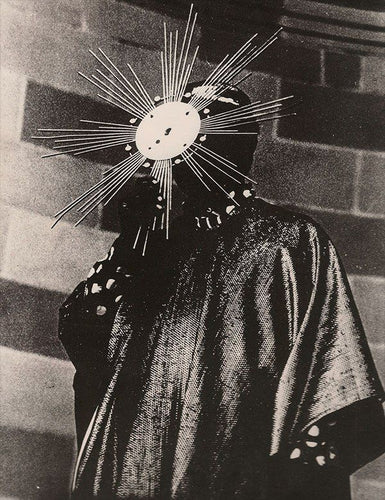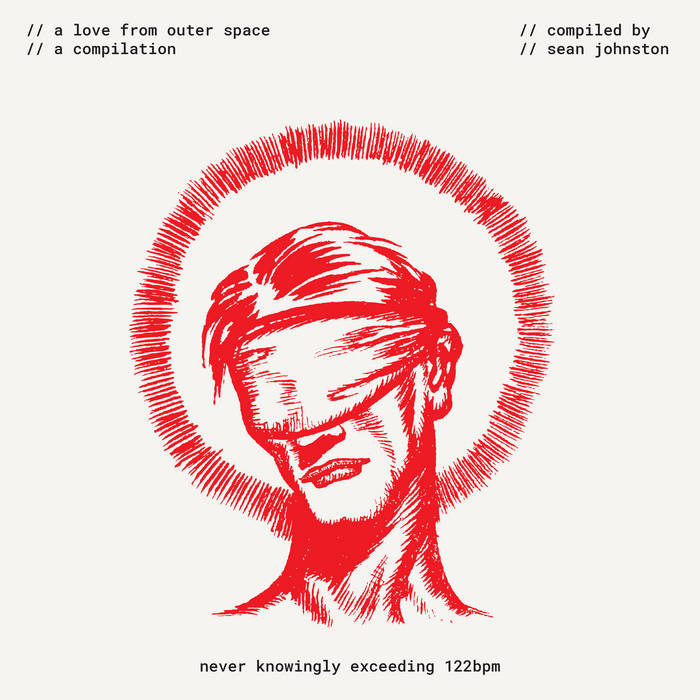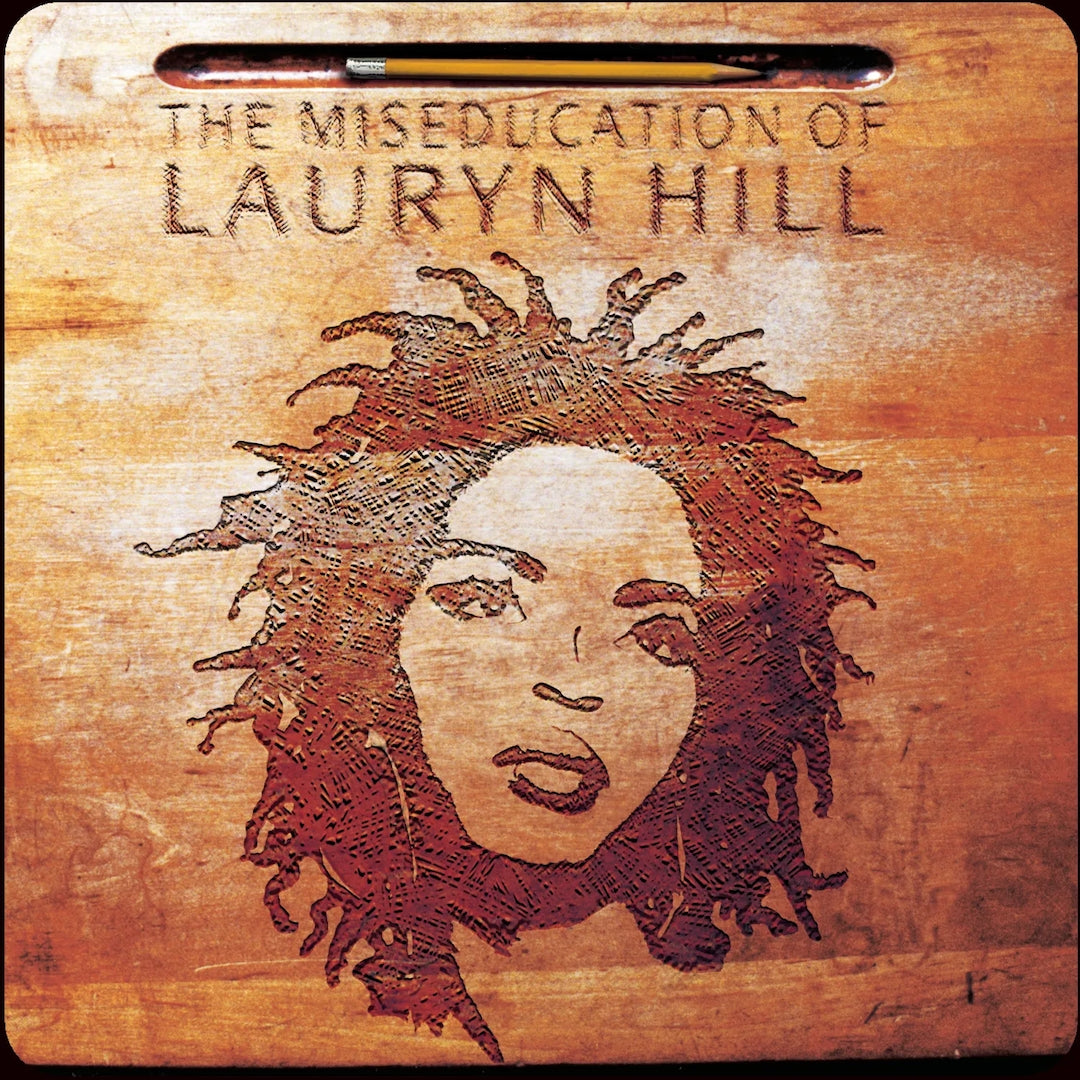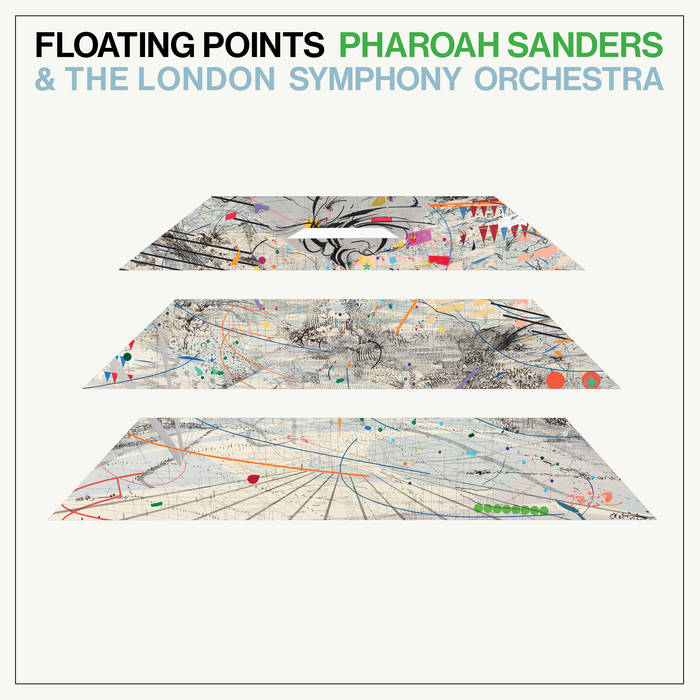Born in 1914, Herman Poole Blount was a child prodigy. Better known as Le Sony’r Ra aka Sun Ra, this composer, band lander and pianist separated himself from any musician that had come before him. He had an otherworldly cosmic philosophy which guided not only his music but his life. For a large part of his career, Ra led The Arkestra, a highly skilled and very well-rehearsed ensemble whose line up was as flexible as the music was. For much of his life, very little was known about the man. He had obscured his past and reinvented himself which all in all contributed to his overall mystique.

As a child, Blount quickly became an outstanding piano player. By 11, he was composing and sight-reading, and by the time he was a teenager, he was doing things that musicians could only dream of. He would often go see local big bands play and would transcribe what he had heard from memory. When musicians looked at the transcriptions he had made of their playing they noticed how Sun Ra had even included the mistakes that were played live. By his mid-teens, Ra was established semi-professionally in his hometown of Birmingham, Alabama.
When Sun Ra was in his early 20s, he was recognised as being different to other musicians not only for his musical talent. Around this time, Sun Ra had an experience in which he claimed he had been visited by Aliens from Saturn where he was told that his music would help save the world.
‘My whole body changed into something else. I could see through myself. And I went up... I wasn't in human form... I landed on a planet that I identified as Saturn…They talked to me. They told me to stop [college] because there was going to be great trouble in schools... the world was going into complete chaos... I would speak [through music], and the world would listen'.

With this message, Sun Ra left college and soon after became recognised as the most singularly devoted musician in Birmingham. He rarely slept, citing the likes of Thomas Edison and Da Vinci and turned the first floor of his family's home into a rehearsal space. Here he wrote songs, transcribed recordings, rehearsed with the many musicians who drifted in and out, and discussed philosophical concepts and ideas.
However, Sun Ra was quickly brought down to earth as the war became unavoidable. In October 1942, Blount received a draft notice yet he argued the war stood for everything that he was against and declared himself a conscientious objector. After numerous court trials, he was approved for alternate service. Yet when he did not appear in court, he was he was arrested.
After the war, Sun Ra left prison and alternative service behind to set up his musical collective The Arkestra. With his new group, he moved to New York City. To save money, Sun Ra and his band members lived communally. This enabled the group to rehearsal spontaneously and at any time. Rehearsal could last all day and night. In the years that followed they lived off any gig they could get until 1966 when they secured a regular slot at Slug’s Saloon. It was at Slug’s that they received recognition for what they were doing; they were embraced by late followers of the beat generation and early followers of psychedelia. Whilst, opinions of The Arkestra were divided, one thing was for sure, it was otherworldly.
In 1968, when the New York building they were renting was put up for sale, Sun Ra and the Arkestra declared a move to Philadelphia, where it was cheaper. They moved into a house on Morton Street, which became the Arkestra's base of operations until Sun Ra’s death. It eventually became known as the Arkestral Institute of Sun Ra. Apart from occasional complaints about the noise of rehearsals, they were soon regarded as good neighbours because of their friendliness, drug-free living, and rapport with youngsters.

In late 1968, Sun Ra and the Arkestra made their first tour of the US West Coast, the home of the hippies, where long-form psychedelia like The Grateful Dead was the norm. By this time, the Arkestra included 20–30 musicians, dancers, singers, circus acts, and elaborate lighting. From here on out with this group, Sun Ra committed extensively to touring the globe for the many years that followed.
In 1990, Sun Ra had a stroke but kept composing, performing, and leading the Arkestra. It was only in 1992 due to illness that Sun Ra retired, whilst the band remained active as The Sun Ra Arkestra. In late 1992, Sun Ra returned to his birth city of Birmingham for the first time since leaving just after the war to live with his older sister, Mary Jenkins, who became his caretaker. He died in the hospital on May 30, 1993.
Though his mainstream success was limited, Ra was a prolific recording artist and live performer, who remained influential throughout his life. Now widely considered an innovator for his pioneering developments in free jazz, improvisation, and modal jazz as well as his early adoption of electronics. With 100 full-length albums to his name and well over 1,000 songs, Sun Ra is one of the most prolific recording artists of the 20th century.






